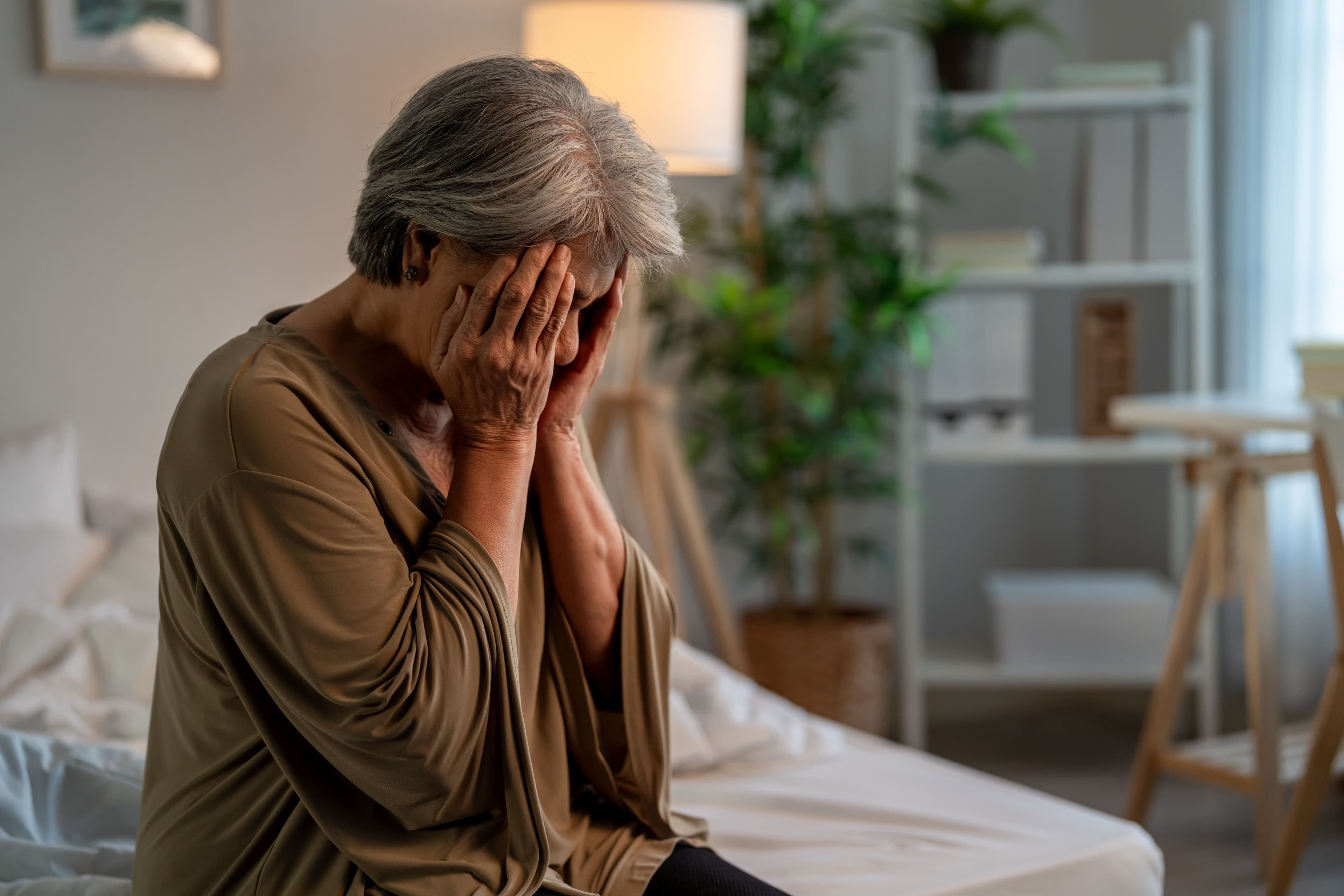
Nursing home abuse and neglect put vulnerable residents at serious risk, leading to malnutrition, dehydration, infections, and preventable injuries. When facilities fail to provide adequate care, residents suffer, and families are left feeling helpless. Lack of supervision, improper medical treatment, and unsafe conditions can result in devastating harm. Understanding the warning signs, knowing your legal rights, and holding negligent facilities accountable are crucial steps in protecting your loved ones. Learn how to take action and seek justice.
August 12, 2025
3 min
When Claire moved her father into a nursing home, she believed she had chosen a safe and caring place. The rooms were bright, the staff seemed friendly, and the facility promised attentive care. For the first few months, everything appeared fine. Then she began noticing small changes. Her father seemed quieter during visits, sometimes avoiding eye contact. She saw a bruise on his arm, and when she asked about it, the staff gave a brief explanation that did not quite make sense.
It was not until she learned from another resident’s family that there had been incidents involving rough handling that she realized something might be wrong. Claire’s story is not unique, and it highlights why knowing the signs of nursing home abuse is so important.
Michael Hill, an attorney dedicated to protecting the elderly, often works with families like Claire’s. He knows that the signs can be subtle and that early action can prevent further harm.
The truth is that many cases of nursing home abuse go unreported because families do not immediately recognize the signs. Some changes in an elderly person’s health or mood are natural, making it hard to know when to be concerned. In other cases, families may accept the explanations provided by staff without pressing for details.
Michael Hill encourages families to trust their instincts. If something feels off, it is worth asking more questions and paying closer attention.
One of the most common ways abuse is detected is through physical signs. These can include bruises, cuts, or welts that have no clear explanation. Bedsores are another red flag, as they often result from residents being left in the same position for too long without proper care.
Sudden weight loss, frequent dehydration, or repeated infections can also indicate neglect. Families should also look for signs of poor hygiene, such as unwashed hair, dirty clothes, or soiled bedding. When care is truly attentive, these issues are rare.
Abuse is not always visible on the body. Sometimes it shows in the heart and mind. A once cheerful loved one may become withdrawn or lose interest in activities they used to enjoy. Fear, anxiety, or nervousness around certain staff members can be an important clue.
Michael Hill often advises families to spend private time with their loved one. Without staff present, residents may feel safer expressing how they really feel.
Neglect is one of the most damaging and common forms of nursing home abuse. It happens when residents do not receive the care they need for their basic well-being. Signs of neglect include frequent falls, untreated medical problems, lack of mobility assistance, and a general decline in health.
Neglect can also be emotional, such as leaving residents alone for long periods or ignoring requests for help. Over time, neglect can have devastating effects on both mental and physical health.
Another form of abuse is financial exploitation. While it may not involve physical harm, it can cause significant stress and loss for residents. Families should watch for unexplained withdrawals from bank accounts, missing valuables, or sudden changes to wills or powers of attorney.
Michael Hill has handled cases where staff members manipulated residents into giving them money or gifts. Regularly reviewing finances and legal documents can help prevent this type of exploitation.

The condition of a nursing home can tell you a lot about how residents are treated. If the facility is dirty, understaffed, or has high turnover, the quality of care may suffer. Watch how staff members interact with residents. Are they patient and respectful, or rushed and dismissive?
Michael Hill often says that abuse is rarely an isolated event. If the environment feels chaotic or unwelcoming, there may be deeper problems behind the scenes.
If you believe your loved one may be experiencing abuse, it is important to act quickly. Document any visible injuries, changes in behavior, or unsafe conditions. Speak with your loved one privately to see if they will share their experiences.
Report your concerns to facility management, but do not stop there if the problem is not addressed. Contact your state’s long-term care ombudsman, Adult Protective Services, or local law enforcement if needed.
Michael Hill has dedicated his career to representing victims of nursing home abuse and their families. His approach begins with listening carefully and understanding the full picture before taking action. He works with medical experts, reviews facility records, and gathers witness statements to build strong cases.
Families working with Michael often find that his involvement brings them peace of mind. He not only pursues justice through the legal system but also helps ensure that steps are taken to prevent further harm.
Legal action can result in compensation for medical costs, pain and suffering, and emotional distress. In cases of financial exploitation, it can lead to the recovery of stolen funds.
More importantly, lawsuits often force facilities to improve their policies, training, and supervision. Michael Hill views legal action as a way to create safer environments for all residents, not just those directly involved in a case.
Prevention is possible when families stay engaged and informed. Visiting often, asking detailed questions, and building relationships with caregivers can make a difference. Michael Hill encourages families to learn the signs of nursing home abuse early, so they can intervene before harm occurs.
Recognizing the signs of nursing home abuse is not always simple, but it is one of the most important things families can do for their loved ones. Whether the abuse is physical, emotional, financial, or the result of neglect, taking action is essential.
Michael Hill stands ready to help families navigate the challenges of identifying and stopping abuse. His experience and compassion make him a powerful advocate for those who cannot protect themselves. By staying alert, asking questions, and seeking help when needed, you can ensure your loved one’s dignity, safety, and peace of mind.